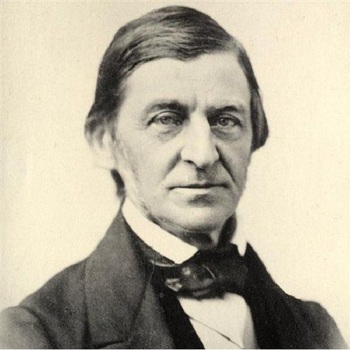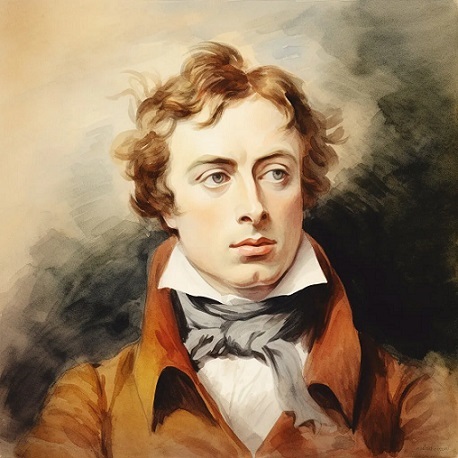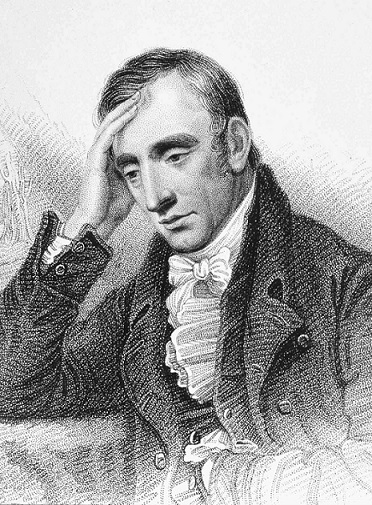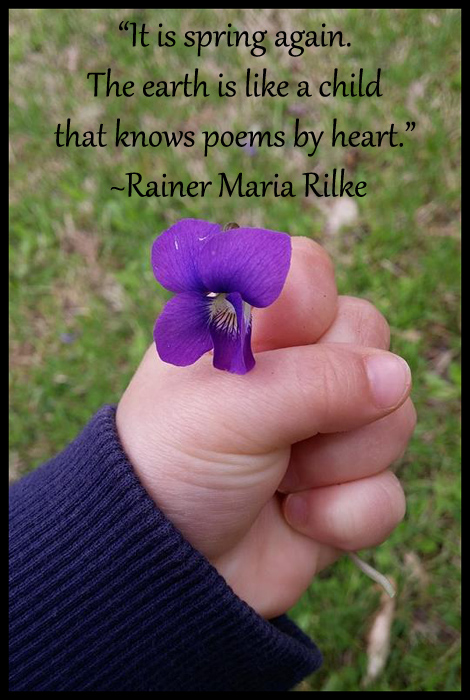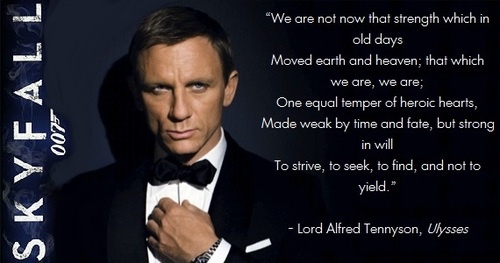|
home | what's new | other sites | contact | about |
|||
|
Word Gems exploring self-realization, sacred personhood, and full humanity
Poetry
"A poem should not mean, but be." Archibald McLeish
Editor's Essay: Higher Creativity: Liberating The Unconscious For Breakthrough Insights Dr. Alan Williams: The meaning of mystic-philosopher Rumi’s poem, the Masnavi Elizabeth Browning's Sonnets Of The Portuguese Literary and Dramatic Analysis from the Ancient Greeks and Romans Aeschylus’ deus ex machina, 'god from the machine' Aristotle's Poetics, ‘The Poetic Art’ Horace’s Ars Poetica, ‘The Art Of Poetry’
Marcia Lee Anderson: Collision Marcia Lee Anderson: Diagnosis Walter Benton: This Is My Beloved Dietrich Bonhoeffer: Who am I? Elizabeth Barrett Browning: How Do I Love Thee? Anne Bradstreet: To My Dear and Loving Husband William Cullen Bryant: Thanatopsis Lord Byron: She Walks In Beauty Lord Byron: When We Two Parted E.E. Cummings: I carry your heart with me Charles Dickens: Agnes and David: I have loved you all my life
John Donne: Death, be not proud John Donne: The bell tolls, it tolls for thee Paul Laurence Dunbar: Sympathy: why the caged bird sings
Robert Frost: Miles to go before I sleep Robert Frost: Two roads diverged in a yellow wood Kahlil Gibran: The first sight of the beloved Kahlil Gibran: Where are you, companion of my soul Edgar Albert Guest: See it through George Harrison: Said you had a thing or two to tell me William Ernest Henley: Invictus, master of my fate, of my soul
Henry Wadsworth Longfellow: Life is real! Life is earnest! Christopher Marlowe: The Passionate Shepherd to His Love Archibald McLeish: Ars Poetica Charlotte Mew: 'A Quoi Bon Dire', lovers reunite in the afterlife Edna St. Vincent Millay: Making friends with death for lack of love Edna St. Vincent Millay: Summer to your heart L.M. Montgomery: My life, a perfect graveyard of buried hopes Eugene H. Peterson: Galatians 5.19-21 Edgar Allan Poe: Dream within a dream Edgar Allen Poe: Annabel Lee, I was a child and she was a child Edgar Allan Poe: The Raven: midnight dreary, weak and weary Christina Rossetti: I wish I could remember that first day William Shakespeare: Sonnet 18, compare thee to summer's day William Shakespeare: Sonnet 116, Love is not shaken William Shakespeare: Romeo and Juliet, without you, live no life Alfred Lord Tennyson: The Lady Of Shalott Dylan Thomas: Do not go gentle into that good night Walt Whitman: O, Captain, My Captain
W.B. Yeats: You tread on my dreams
Life, like a dome of many-coloured glass, All are but parts of one stupendous whole,
Whose body Nature is, and God the soul; Pope
Though my soul may set in darkness,
it will rise in perfect light;
I have loved the stars too fondly
to be fearful of the night. Sarah Williams
A heaven in a gaze,
A heaven of heavens, the privilege
Of one another’s eyes. Emily Dickinson
N.C. "I like misty autumn mornings, and cold snowy winter nights. Rainstorms bring me inner peace, thunder sets my soul alight. I care not for summer, days too long, the heavy heat. Give me candlelight evenings, early darkness, a silent street." Tom Schulman, Dead Poets Society: "We don't read and write poetry because it's cute. We read and write poetry because we are members of the human race. And the human race is filled with passion. And medicine, law, business, engineering, these are noble pursuits and necessary to sustain life. But poetry, beauty, romance, love, these are what we stay alive for. To quote from Whitman, O me! O life!... of the questions of these recurring; of the endless trains of the faithless -- of cities filled with the foolish; what good amid these, O me, O life?; Answer: That you are here -- that life exists, and identity; that the powerful play goes on and you may contribute a verse. What will your verse be?" Emilia Phillips: “I recalled a moment in graduate school in which my thesis advisor David Wojahn said something like, ‘If you’re on an airplane and you don’t want anyone to talk to you, read a book of poetry.’ The advice was perfect. It suggested that the average person wasn’t interested in talking poetry—it’s hard, it’s too confessional and therefore socially awkward, and/or the person reading it takes themselves way too seriously—and that poetry was a way to preserve solitude, not only in one’s head but also by creating a kind of social barrier, an especially useful tool for those worn out and anxious travelers who just want to get home to their own beds.” Editor's note: a book of poetry or, even more efficacious, one about the afterlife. Emily Dickinson: speaking of lovers, "those two troubled little clocks Shelley: "Didactic poetry is my abhorrence." Leslie Weatherhead: "The poet writes, not to give the world ideas or to teach lessons, but simply because he is moved by an inward compulsion which urges him to creative art. My passions raged like so many devils, writes Burns in a letter, till they got vent in rhyme... We enter into truth, perhaps, but through the door of beauty. We do not so much learn; we see... Moreover, there is something felt, of which ordinary folk are conscious, but which they cannot explain... So Arnold ... says of Byron: ... He taught us little; but our soul had felt him like the thunder's roll... If the poet can be said to have a motive, then it is aesthetic desire... [if it has a] purpose, it is to give pleasure. In some moment of poetic insight he has seen a vision of the infinite, and he craves so to express that experience that it may be shared... All poetry, said Browning, is the problem of getting the infinite into the finite." Goethe, "Conversations with Eckermann," Bohn's Library, p. 290: "We all walk in mysteries. We are surrounded by an atmosphere of which we do not know what is stirring in it, or how it is connected with our own spirit. [However] in particular cases we can put out the feelers of our soul beyond its bodily limits, and that a presentiment, nay, an actual insight into the immediate future, is accorded to it." Byron: "Poetry is the lava of the imagination whose eruption prevents the earthquake." Augustine: "Poetry is the Devil's wine." Leslie Weatherhead: "Keats ... says that a poet should have no opinions, no principles, no morality, no self. To be tied to these things spoils true art, which should be entirely unfettered. The poet should make a clean sweep of his personal hopes ... and beliefs. Keats was so desirous of being the consummate artist that he did not want private ideas and ethical principles to spoil his poems, as the wire support of the florist sometimes spoils the beauty of the natural curve in the stem of a flower. He wanted to present his poem just as it came to him from God... One does not so much want to learn what Browning's private opinions were. One wants to know what Browning saw in his hours of poetic vision, and one wants to see through his eyes. We should therefore be guarded in speaking of the value of the work of the poet, just as we should speak guardedly of the value of a sunset... the poet is a teacher in one sense ... but he is not the pedagogue... he exists not to inculcate ideas as a teacher, but to reveal reality."
Sigmund Freud: “Everywhere I go I find a poet has been there before me... Poets are masters of us ordinary men, in knowledge of the mind, Jean Baptiste Henry Lacordaire: "We are the leaves of one branch, the drops of one sea, the flowers of one garden." Charles Lamb: "The true poet dreams, being awake." Shelley: Poetry "acts in a divine and unapprehended manner, beyond and above consciousness." Leslie Weatherhead: [The poet] "is not sure of a truth because he has proved it [by logical argument], but because he has seen it. Indeed, in some moments of rapture he has experienced it... Aristotle, in the Poetics, believed poetry to be inspired, and to imply either a strain of madness or a happy gift of nature; and he divides poetry into the ecstatic [a "standing out" of oneself] and the euplastic [easily or commonly formed]. It is the ecstatic poet [who] requires explanation. The poet, inspired by some vivid experience, goes into a kind of trance - we think the phrase is not too strong - and thereupon sees a vision which he expresses in poetical ideas, that those who read may have that experience re-created in them... It is because of this different way of arriving at truth, we think, that the poet has so often led the way in expressing ideas which are among the most profound [and] cherished by mankind. On the wings of vision the poet soars to a pinnacle of truth... It may be that the poet's creation ... may point to some as yet unrealized desire of humanity, for which the poet, as a prophet of the race, yearns. So Shelley says ... They are the dreams of what ought to be, or may be." Bacon: [The use of poetry] "hath been to give some shadow of satisfaction to the mind of man in those points wherein the nature of things doth deny it." Keats: "What the imagination seizes as beauty must be truth." Leslie Weatherhead: "Christ's authority was the inward authority of truth, and its weight lay in the people's own intuitive appreciation of truth. He did not argue, but when He spoke, something in the hearer leaped up in recognition of the truth... [in this sense the] ecstatic poet sees... Then, with Wordsworth, We see into the life of things." Leslie Weatherhead: "Men discount the dreamer as they discount their own dreams. They call him mad. He is mad, in a sense, as the lover is mad, who also makes his choice and arrives at conclusions, not by conscious argument, but by intuitions which, possibly, well up from the unconscious. But his dreams, his visionary thoughts, are the source of all poetry, and make poets, as Shelley said: ...the hierophants [ancient priests whose duty it was to reveal mysteries] of an unapprehended inspiration; the mirrors of the gigantic shadows futurity casts upon the present; the words which express what they understand not; the trumpets which sing to battle and feel not what they inspire; the influence which is moved not, but moves. Poets are the unacknowledged legislators of the world." George Harrison: "Sunrise doesn't last all morning, a cloudburst doesn't last all day, seems my love is up and has left you with no warning. It's not always going to be this grey. All things must pass, all things must pass away." Patience Worth, Knowing Thee: "Beloved, I might not hope - had I not heard thy pledge! Nor could I have believed, save that I had believed in thee! I could not believe that I might comprehend eternity, save that I had known thy limitless love! Surely, thou art the symbol of my New Day - wherein I might read the record of my eternity!"
|
|||
|
|


